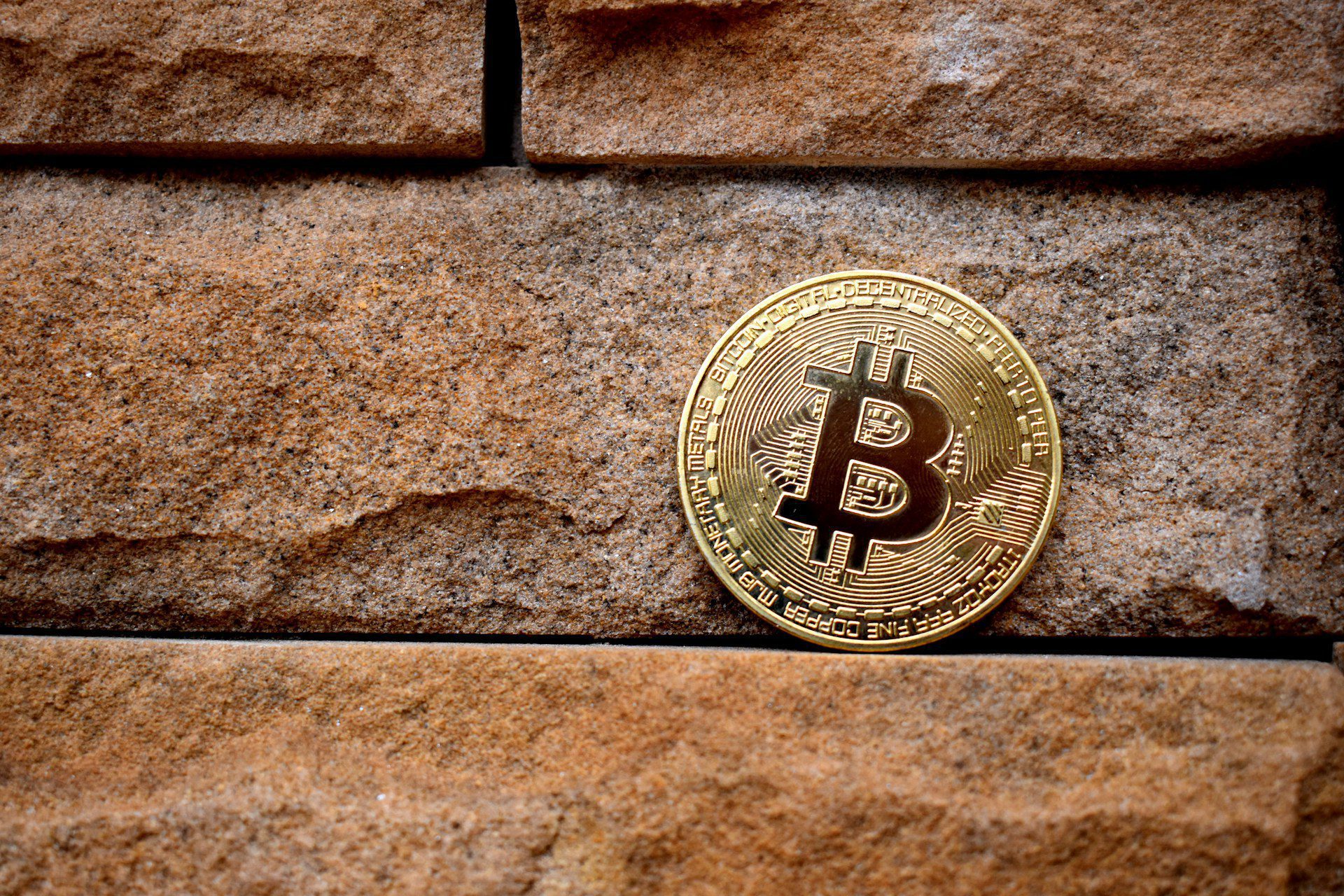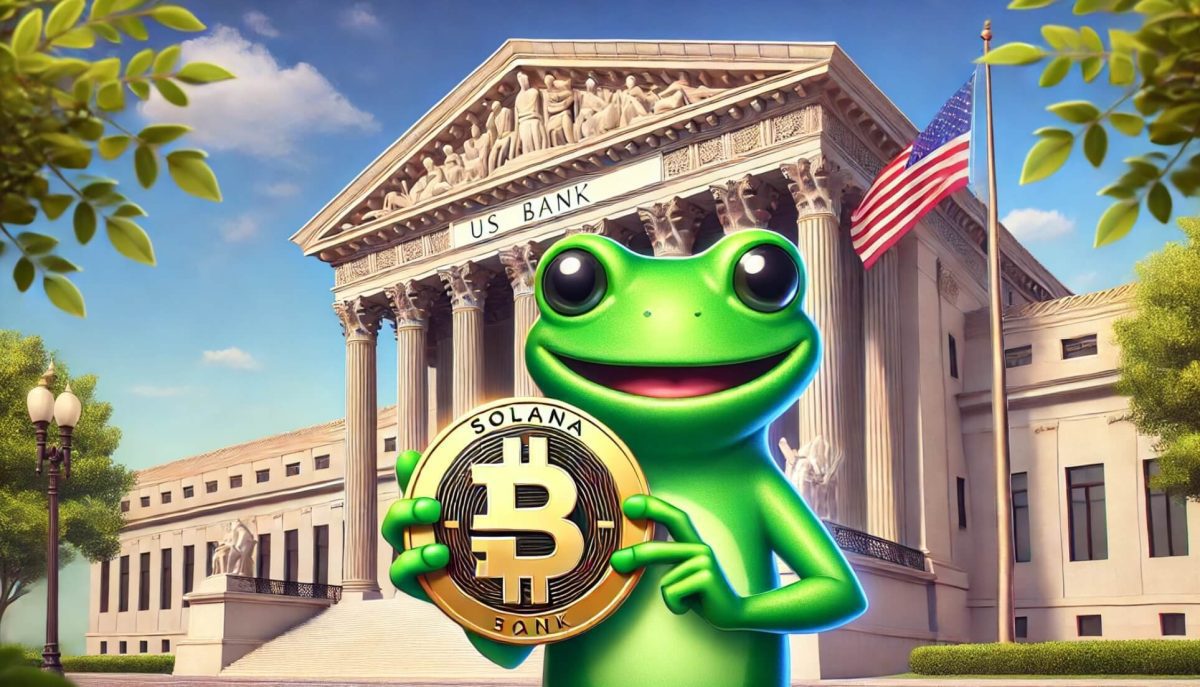90 years ago today, President Franklin Delano Roosevelt removed the United States from the gold standard as part of the New Deal program to solve the economic crisis of the Great Depression. On this anniversary, and with economic turmoil on the horizon again, experts speculate how Bitcoin could theoretically serve as an ideal monetary standard.
The Gold Standard
Although it had its flaws and strengths, the gold standard linked the value of most currencies to a tangible, finite asset – gold – which provided economic stability but also limited growth and monetary policy flexibility.
FDR’s move aimed to free the economy from these constraints, allowing for greater monetary control to combat deflation and encourage economic growth. Although it faced criticism, it ultimately signaled progress.
Looking ahead, we’re at the brink of another significant monetary shift, from fiat currency to digital currency. Today’s financial instability, growing inequality, and the dilution of money through inflation call for this much-needed change.
Although it’s highly improbable for Bitcoin to be universally accepted as a monetary standard, it presents several compelling attributes to be considered.
The Bitcoin Standard
As a decentralized cryptocurrency, Bitcoin evens the playing field by providing a global currency that’s immune to politically motivated monetary policy. This eliminates central bank control and offers the promise of financial inclusivity for people without bank accounts worldwide.
Like gold, Bitcoin has a finite supply – capped at 21 million coins – which imbues it with innate resistance to inflation – a quality that resonates with the original intent of the gold standard.
Lastly, Bitcoin offers a high level of transparency and security unmatched by traditional financial systems. Every transaction is recorded in an immutable ledger called the blockchain, which reduces fraud and enhances trust.

The spirit of FDR’s decision lives on as Bitcoin serves as a catalyst for conversations around the need for continuous innovation in our financial systems. Regardless of whether Bitcoin assumes the role of the next monetary standard or merely inspires financial innovation, we must prepare for a future where digital currencies like Bitcoin play a more significant role in our economy.
90 years ago today, US President Franklin Delano Roosevelt took the country off the gold standard – a monetary system backed by gold. pic.twitter.com/yaM9xFoOtR
— CoinChartist (@coinchartist_io) June 5, 2023





